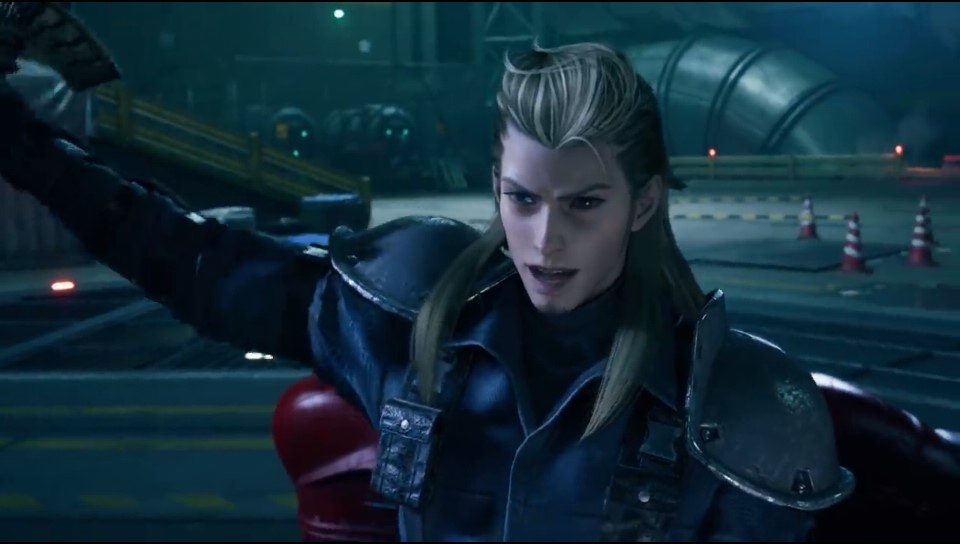

“There, you have said it all and you feel better. No, from the time when one is sick to death,įriends make pretence of following to the grave,īut before one is in it, their minds are turnedĪnd making the best of their way back to lifeĪnd living people, and things they understand.īut the world’s evil. You couldn’t care! The nearest friends can go To do with what was in the darkened parlour. What had how long it takes a birch to rot Think of it, talk like that at such a time! Will rot the best birch fence a man can build.’ “I can repeat the very words you were saying. “I shall laugh the worst laugh I ever laughed. Outside there in the entry, for I saw it.”

You had stood the spade up against the wall Of the fresh earth from your own baby’s grave You could sit there with the stains on your shoes Out in the kitchen, and I don’t know why, To look again, and still your spade kept lifting. I thought, Who is that man? I didn’t know you.Īnd I crept down the stairs and up the stairs Leap up, like that, like that, and land so lightlyĪnd roll back down the mound beside the hole. With your own hand-how could you?-his little grave God, what a woman! And it’s come to this,Ī man can’t speak of his own child that’s dead.” You’d think his memory might be satisfied-” To take your mother-loss of a first child What was it brought you up to think it the thing I do think, though, you overdo it a little. Unlike other folks as your standing thereĪpart would make me out. Tell me about it if it’s something human. “Don’t-don’t go.ĭon’t carry it to someone else this time. Two that don’t love can’t live together without them.īut two that do can’t live together with them.” Though I don’t like such things ’twixt those that love. We could have some arrangementīy which I’d bind myself to keep hands off Her fingers moved the latch for all reply. “There’s something I should like to ask you, dear.” He sat and fixed his chin between his fists. “Amy! Don’t go to someone else this time. I don’t know rightly whether any man can.” “Not you! Oh, where’s my hat? Oh, I don’t need it! “Can’t a man speak of his own child he’s lost?” He said twice over before he knew himself: That rested on the banister, and slid downstairs Īnd turned on him with such a daunting look, She withdrew shrinking from beneath his arm There are three stones of slate and one of marble,īroad-shouldered little slabs there in the sunlight Not so much larger than a bedroom, is it? So small the window frames the whole of it. The little graveyard where my people are! I must be wonted to it-that’s the reason. She let him look, sure that he wouldn’t see,īlind creature and a while he didn’t see.īut at last he murmured, “Oh,” and again, “Oh.” With the least stiffening of her neck and silence. “I will find out now-you must tell me, dear.” He said to gain time: “What is it you see,” She turned and sank upon her skirts at that,Īnd her face changed from terrified to dull. He spokeĪdvancing toward her: “What is it you seeįrom up there always-for I want to know.” She took a doubtful step and then undid it Looking back over her shoulder at some fear. For example, Robert Frost in his poem “Home Burial” uses dialogue between two characters–a husband and a wife–as well as a narrator speaker:īefore she saw him. It’s possible to have two or more speakers. Syntax works with diction it includes the order or pattern in which the poet places the words in lines.įinally, the audience, of course, are the intended readers the poet imagines when writing the poems and who they hope will read the poems.Ī poem may have more than one voice. For example, word choice may include slang or dialect. For example, John McCrae wrote “In Flanders Field” during World War I:ĭiction involves the word choices made by the poet. Some poets write political poems to make their ideas heard through literature. It may be positive, neutral, or negative. Tone refers to the poet’s attitude or position toward the subject. Several elements create the speaker’s voice: tone, diction, syntax, and audience. Using second-person point of view, however, has to be done carefully as it is a more advanced skill and can be done poorly by an inexperienced writer. The speaker is speaking directly to his/her readers. Second-person point of view is occasionally used in poetry. Whereas, first-person point of view will draw the reader into the poem. Third-person point of view will create more distance. Remember choosing a point of view determines how close the reader is involved in the poem. Third-person (he, she, it, him, her, his, hers, its, they, them, theirs).Just like fiction, the poem is written in a specific point of view: Other times, the speaker can take on the voice of a persona–the voice of someone else including animals and inanimate objects. Just like fiction has a narrator, poetry has a speaker–someone who is the voice of the poem.


 0 kommentar(er)
0 kommentar(er)
